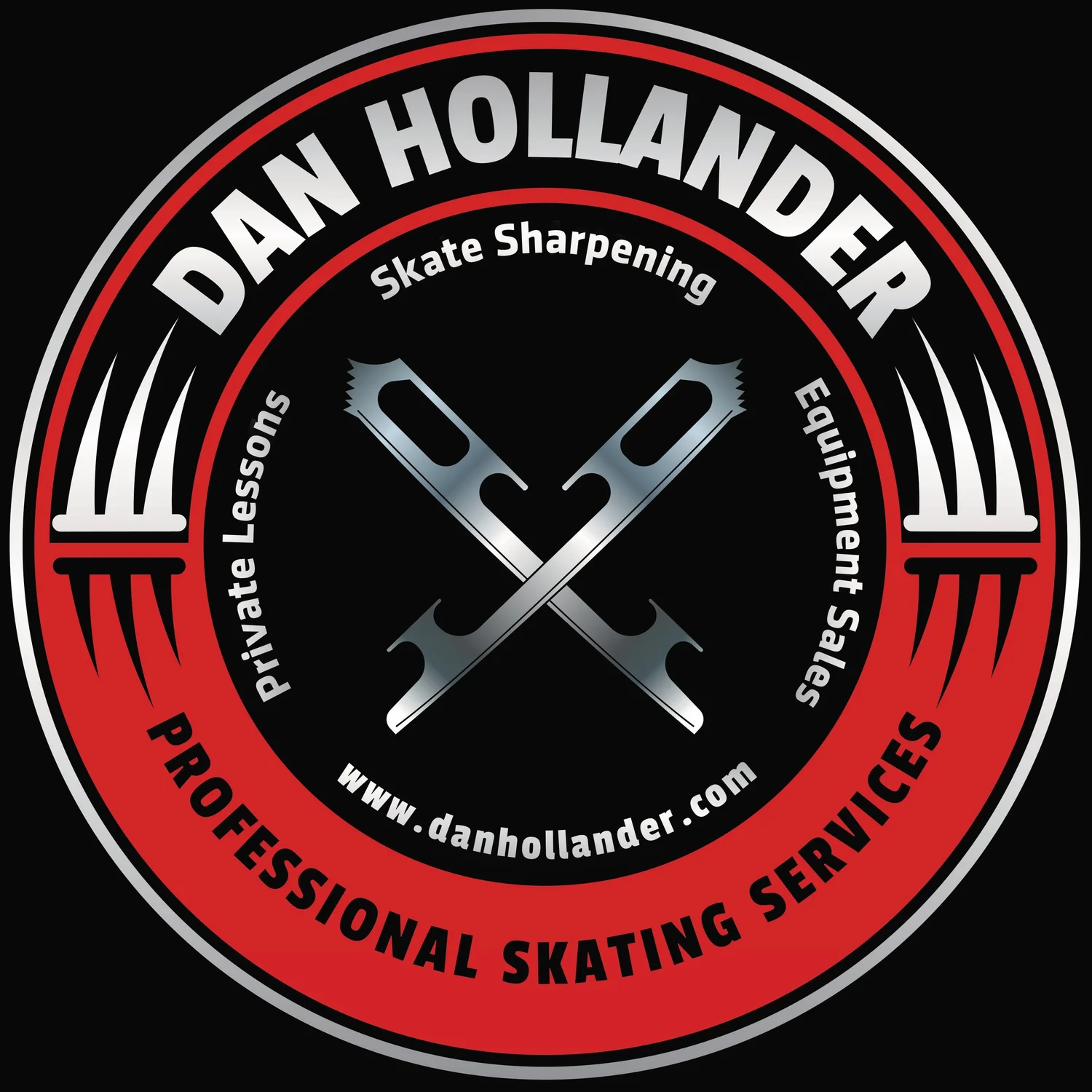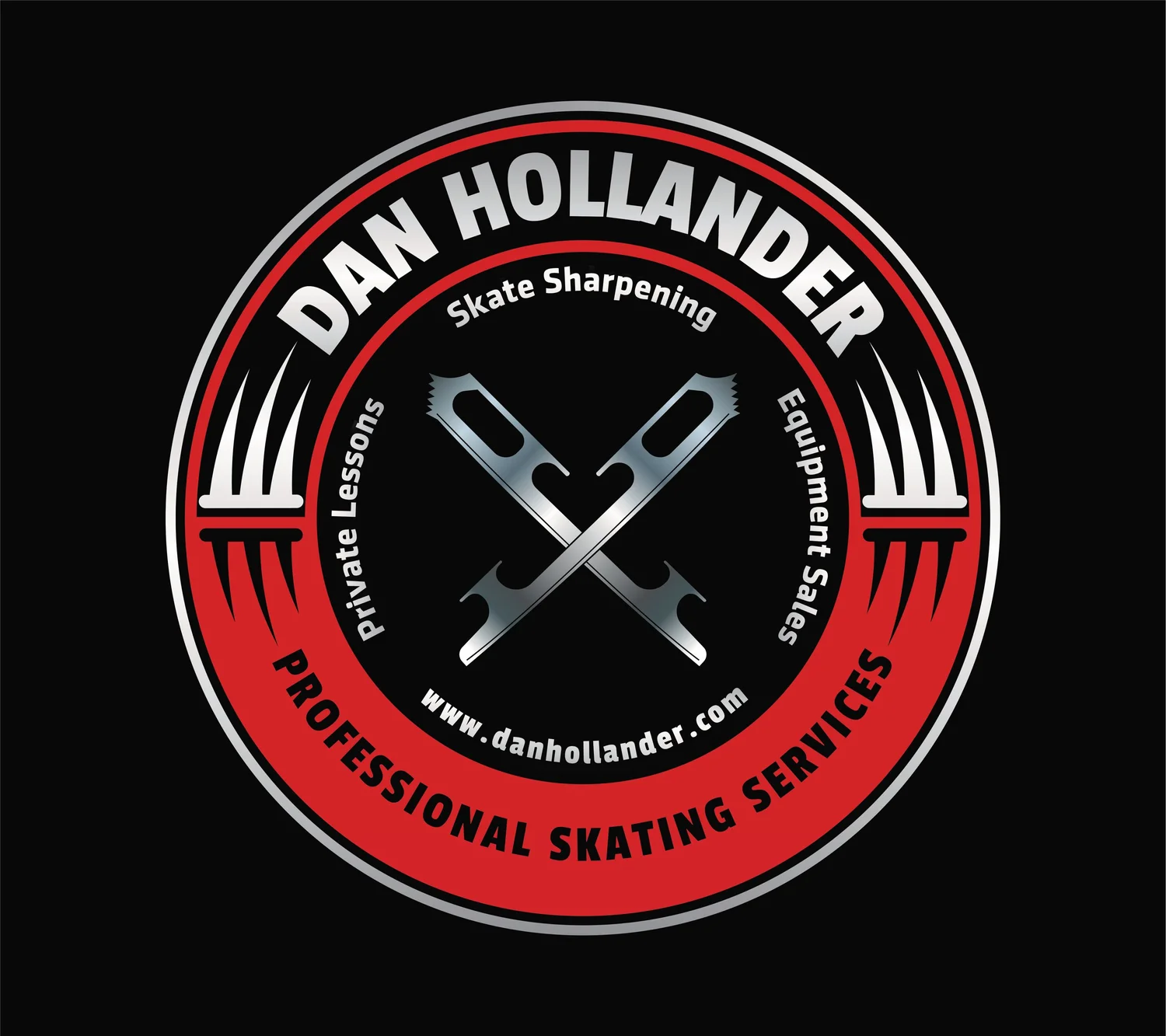What Producers are looking for?
March 14th, 2011
Have you ever wondered what producers are thinking when they receive a résumé and DVD from a skater looking to get hired? Are you curious about what mistakes are made that ruin your chances to get hired? Ever wonder what is that “something extra” that one skater had that allowed them to get hired over you? I recently asked 24 producers to take a survey so that I could figure out exactly what they want. I was amazed at some of the responses!
FIRST CONTACT:
When casting for a position, the majority of the producers looked at résumés and demo videos that were emailed to them first, and in a close second were résumés and demo videos that were mailed (snail mail) to them. So what would I do? I would create a cover letter, résumé, and video (uploaded to youtube) and then email AND mail these to producers.
On average, how much time is spent looking through a single résumé? TWO MINUTES!
What does that mean? You must have a well-designed résumé, clean photos, and demo video to get noticed! Please remember, these are PROFESSIONAL shows you are applying for. That means the material you submit must look professional too. Be polite and respectful in your communications with these producers.
RÉSUMÉ:
Producers want current, up-to-date information. What are your physical measurements? Height, weight, hair and eye color are a few items on this necessary list. What is your skating background? Include test levels, competitions, and show experience. What coaches and choreographers have you worked with? This is information they want to know. Do you have any off-ice dance background and what kind? They want to know that you know what to do if a choreographer tells you to step on third count of eight on three/four.
List other skills that you have such as ice maintenance, a degree in management, or sales experience. If you list a background in marketing, a producer might realize that not only will you fit in a skating position, but you also could be hired to work on their staff promoting the show.
Another thing that can tip the balance in your favor is using good references and a letter of recommendation. If you have performed for another producer, a recommendation from that person is worth its weight in gold.
PHOTOS and VIDEO:
Use updated photos and videos. Let me say that again. Updated photos and videos. If you are showing them a picture of yourself before you had curves and long hair, they might be casting you as the “daughter” in a show. If you show up with nice curves and short hair, which will fit better for the hot, older aunt, there can be a big problem. Head shots need to be clear. You need to wear tight clothing for all body shots and skating videos to show off your shape. Videos need to be close up, not shot from far away where they can’t see clearly what you are doing.
So what are the things producers are asking to see on your video?
1) The majority of the producers requested that the skater introduce themselves on the video.
2) Skating skills: twizzles, footwork, hitchkicks, hydroblading, etc.
3) Jumps. Do not cut off the entrance and exit, but do not show the entire ten crossover set-up! Leave out jumps that you fall on…yes, some people actually include mistakes, why I have no idea…maybe they really don’t want to get hired? Do NOT include jumps that you can no longer land, and do not show repetitions of the same jump. (demonstrating your best maneuver over and over again is a common complaint)
4) Show at least one section where you actually skate to music as opposed to mixing audio over your footage. The producers would like to see your ability to actually perform to music, regardless of whether you want to try out for a solo position or not.
5) If you are trying out for a solo or specialty act, include a solo skate as a link or on the demo DVD you mail in.
6) Make it short and to the point. Most producers know within the first minute or two if they are going to hire you, so make it count!
7) Do not put your photos on a Web site for which producers need to purchase a membership or join the Web site in order to view. Mailed DVDs or video formats should be easily read by all DVD players, Windows or Mac . So check your DVDs in multiple players before you send. If you are sending as a data disc, make multiple formats of the video (mp4, .wav, .mov, etc.) so the producer can view your work no matter what program or operating system is being used. Upload your video to sites that are easy to access; the most popular is YouTube.
COMMON MISTAKES:
What are some obvious things that are actually missing from a skater’s résumé that producers are reporting? Contact information! Whatever material you hand out, always have your full name and contact information attached to it. Even when you sign your email, sign it with your first and last name, with any and all contact information below (email, phone number, website, youtube account name, facebook link, etc.)
Using Facebook inappropriately. My recommendation for this…if you want to use this social network to connect with skating shows, make two profiles. Keep your business separate from your personal life. You do not want to show party pictures to potential employers who are wondering if hiring you for their show is a good idea after seeing you dancing on a bar and then fighting with the cops!
Believe it or not, skaters who do an amazing job on the ice, yet cause trouble off-ice by drinking too much, partying, and even being involved in altercations have been fired. While you are on tour traveling or at a stationary show, you are still representing that producer when not on the clock. We are not saying you cannot go out and enjoy yourself, but be responsible.
Not telling the producer you are injured before arriving at the show. If you signed a contract with a salary set because you can do tricks “a, b, and c” but show up and can only do “a,” that is a problem. Not only could you be sent home or have your salary cut, but you could give the producer a bad feeling about you which can be related to other producers. Be upfront and honest with your skating condition if there is an issue.
Imagine you are hired by a producer for a show, and the contract is signed. They require you to buy $500 worth of equipment before showing up. Two days before you leave, they call you and say, “Hey, thanks anyway, but we found another skater who we like better than you.” How would you feel? What about the $500 you spent? You would be pretty upset and would want to be reimbursed for this equipment you were forced to purchase. Well guess what a big problem has been for producers? Skaters signing a contract, backing out last minute for another show and leaving the producer paying for your unused flight, AND having to find a replacement skater and purchase a last minute, more expensive, flight for them.
Here is something to consider. Producers talk to each other. When you do things like that, you are making sure that your show skating career has a very limited life span. Oh, and did I mention sometimes the producer who hired you not knowing you were already signed with the other show might a) let you go, b) pay the other producer for the flight that you cost them out of your first paycheck. The moral of this story, once you commit to a contract and sign it, do not back out of it last minute for a better offer. I personally lost out on a lot of cash from Champions On Ice my first year because I signed with a club show before signing with Tom Collins. It was a major bummer to my wallet, but it was the right thing to do, and Tom and the club respected me for it.
Solo skaters not willing to take a chorus and/or understudy position. Just because you can land a triple axel does not mean you are a good show skater. If you do not have stage presence or connect with an audience, then you have a lot to learn. Go into this future career willing to take a chorus position and understudy a solo role in order to better yourself. This is not the world of amateur competitions. A few producers have stated they would use a skater who can only rotate doubles but has amazing stage presence over a blank-faced, triple-jumping skater any day.
Here is my favorite. A skater contacts the producer about a show, and the producer is willing to offer them a contract. If your parents want to talk to the producer to ask questions about whether their little munchkin is going to be safe on tour, etc, and you, the skater, put mom in touch with the producer, then you should not be applying for the job in the first place. Yes, a producer told me this happens!
The last common response is skaters who are “difficult” to work with. What does being difficult mean? Being late for rehearsals, having a bad attitude, not helping out, causing drama among the cast and crew, and just not being very nice.
Now that you know what producers want, I hope to skate with you in a show soon! Good luck!







